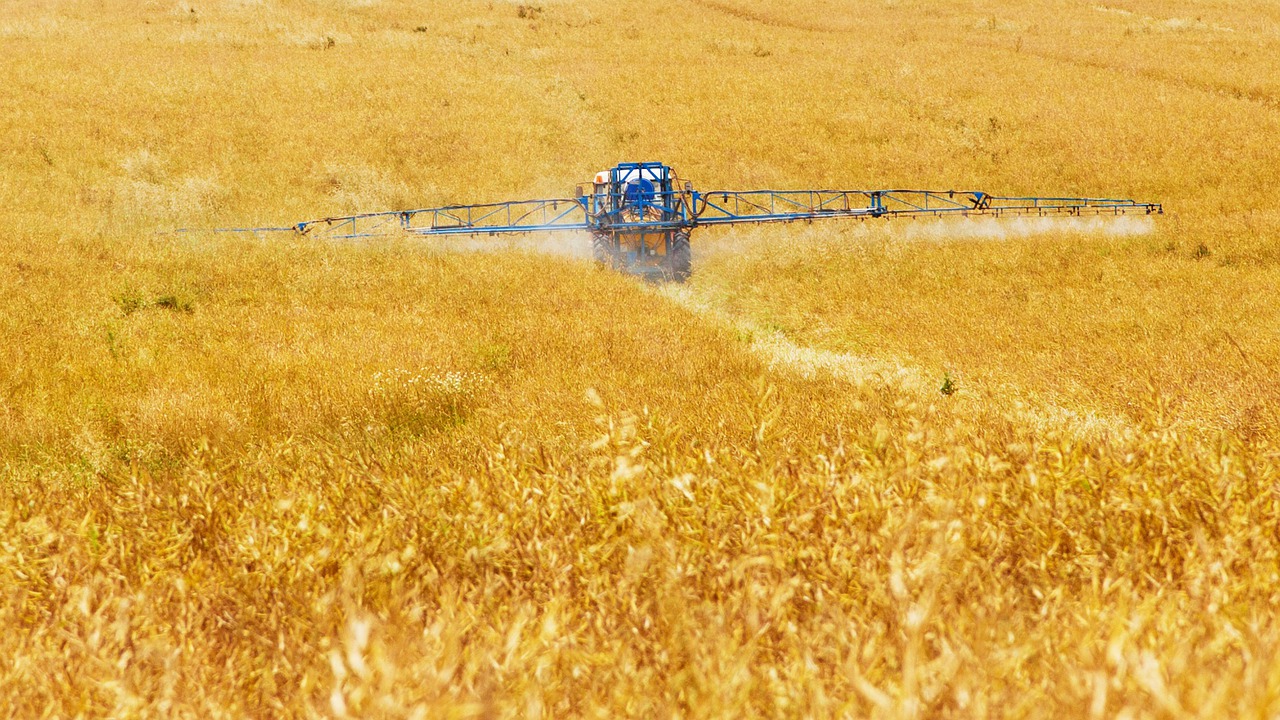Read excerpts from a Q&A on sprayer calibration with experts from four different sprayer companies across North America.
Sprayer calibration and nozzle size are important considerations for adequate spraying that saves time and money. A recent Growing Produce Q&A with four experts from sprayer companies in the US and Canada shares their expertise and knowledge on getting the most out of spraying. Read an excerpt below.
Q&A: Sprayer Calibration
Q: “What should growers know about calibration?”
A:
Tim Schaal, CEO, Airtec Sprayers: “Accurate calibration can only be achieved by having an operator who pays attention while he is spraying. Speed, pump pressure, and nozzle size all play a critical role in determining accurate spray calibration. If any of those three items are incorrect during the process, the calibrated output will not be accurate. The desired gallons per acre can be achieved at multiple speeds, pressures, and nozzle size, making it important to determine those variables based on the desired level of coverage…”
Nick Fleitz, Agronomist, Pentair-Hypro: “Modern sprayers continually become more advanced, but it is still good to periodically perform a manual calibration to make sure all equipment is working as intended. This will ensure that you are applying correct doses to your crops for effective pest management and avoid any costly over-application scenarios…”
Wayne Riddle, Agriculture Sales Manager, Slimline Manufacturing: “Calibration means confirming sprayer output but also includes sprayer inspection and adjusting the sprayer settings to match the crop and environmental conditions. It is important to confirm the sprayer is functioning correctly, each nozzle is delivering the desired rate and spray quality, and the desired rate is applied to the crop.”
Q: “What should growers consider when choosing the ideal nozzle type and size?”
A:
Steve Booher, Founder, Smart-Apply: “First, select nozzles designed for air blast sprayers. Choose a size based on the speed and rate of application. Select the proper spray pressure to achieve the proper droplet size, which is critical to achieve the proper deposition onto the foliage. Finally, calibration is super critical…”
Schaal: “Spray nozzles and size should be selected based on several factors, including the desired amount of material per acre (low, medium, or high volumes), the operating speed of the tractor, and the desired atomization size of the spray particle. Spray particle size greatly impacts the amount of coverage, as too small of a particle leads to excess drift, and too large of a particle leads to lack of coverage…”
Fleitz: “The first goal should be to ensure you have nozzles that are sized correctly for your applications. Even if you have everything else set perfectly, a nozzle of the wrong size will reduce the performance of your sprayer. The next step is to consider the material of nozzle to be used. Most often in orchard, vineyard, and fruit production this will be a ceramic nozzle as ceramics are the most durable and possess the most longevity for production systems that frequently spray and at high pressures. The next step is considering what levels of drift reduction, potential drift and droplet size you feel comfortable with. This is something that varies by the individual applicator, but I always encourage applicators to take steps in mitigating drift potential where possible. Spray nozzle selection will have the single largest influence on drift potential, therefore utilizing nozzles with some degree of drift reduction should be considered.”
Riddle: “Pesticides are very specific to target and timing. Multiple sets of nozzles are required for a spray season to match the shape, size, and density of the crop.”
Read the full Q&A at Growing Produce.
Griffin Fertilizer is committed to helping both growers and ranchers make sound agronomic and economic decisions in order to maximize the health of their grove and pasture. As a full-service custom dry & liquid fertilizer blender and crop protection product distributor, we will continue our mission to further advance Florida agriculture. For questions or concerns about your farm or pasture, contact us and one of our team will be in touch.

